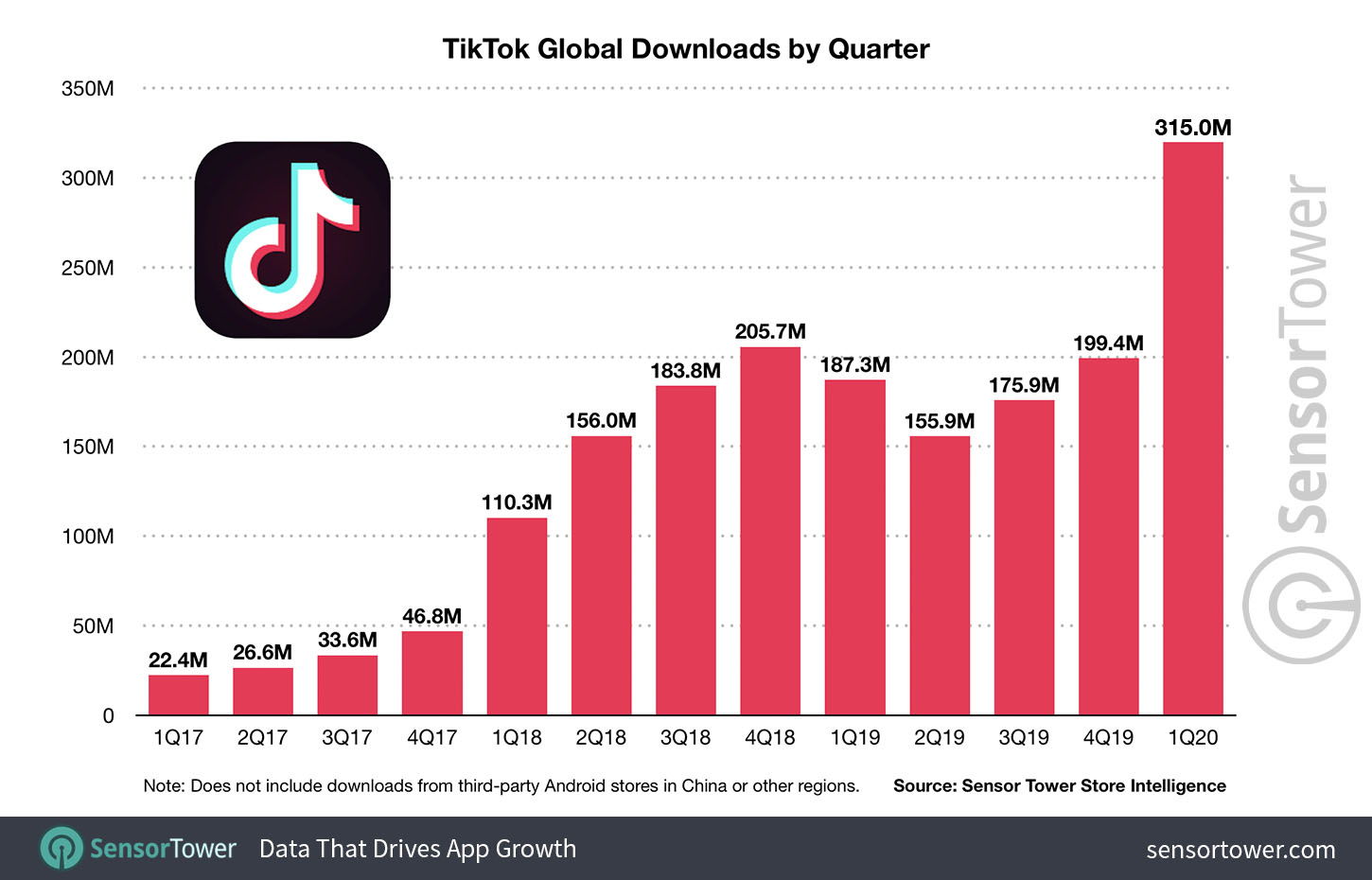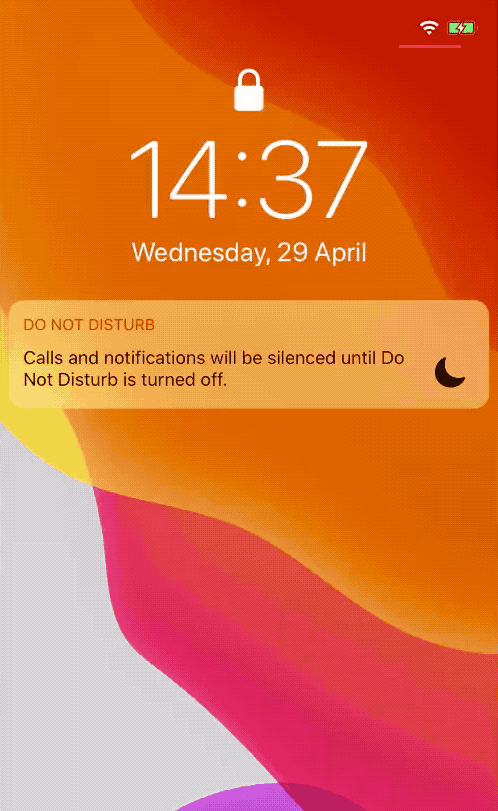Apple and Google ask for developer feedback on their contact tracing efforts, Facebook sees a “significant reduction” in ads and Microsoft makes life easier for IT managers.
Here’s your Daily Crunch for April 30, 2020.
This is a developer-focused release, and it’s a seed of the API in development, with the primary intent of collecting feedback from developers who will be using the API to create new contact tracing and notification apps on behalf of public health agencies.
Apple and Google first announced the combined API and eventual system-level contact tracing feature on April 10, and intend to release the first version of the API publicly in mid-May, with system-level integration to follow in the coming months. The tech is designed to be privacy-preserving, ensuring that contact IDs are rotating and randomized, and never tied to an individual’s specific identifying information.
2. Facebook stock spikes despite ‘significant reduction’ in demand for ads
While Facebook’s ad revenues in Q1 increased by 17% year-over-year growth, Facebook used its earnings announcement to hedge expectations for Q2. In its release, the company said it saw “a significant reduction in the demand for advertising, as well as a related decline in the pricing of our ads, over the last three weeks of the first quarter of 2020.”
3. Microsoft makes it easier to get started with Windows Virtual Desktops
Microsoft announced a slew of updates to various parts of its Microsoft 365 ecosystem. The thrust is to make life easier for the IT admins that help provision and manage corporate Windows — and Mac — machines, something that’s even more important as many companies try to adapt to a new work-from-home environment.
4. Twitter Q1: sales up 3% to $808M as it swings to a loss on COVID-19, mDAUS hit record 166M
None of this should come as a surprise. Twitter announced more than a month ago that it was removing its own financial guidance because of the instability of its business due to COVID-19, noting only that it would be lower than expected.
5. Freada Kapor Klein warns of ‘vulture capitalists’ during pandemic
“We have seen a lot of VCs acting incredibly badly in the last couple of weeks — taking advantage of startups that are in a precarious position,” Kapor Capital’s Fraeda Kapor Klein told us. (Extra Crunch membership required.)
NASA’s Jet Propulsion Laboratory created a trailer of sorts to show you approximately what the flight will look like, sometime after the Mars 2020 mission’s targeted February 18, 2021 arrival date.
7. With fresh support from its billionaire backers, Pivot Bio is ushering in a farming revolution
Pivot uses genetically edited microbes to replicate the work that naturally occurring bacteria had done for millions of years to fix nitrogen in the soil.
The Daily Crunch is TechCrunch’s roundup of our biggest and most important stories. If you’d like to get this delivered to your inbox every day at around 9am Pacific, you can subscribe here.
from Apple – TechCrunch https://ift.tt/2zLzTIL



